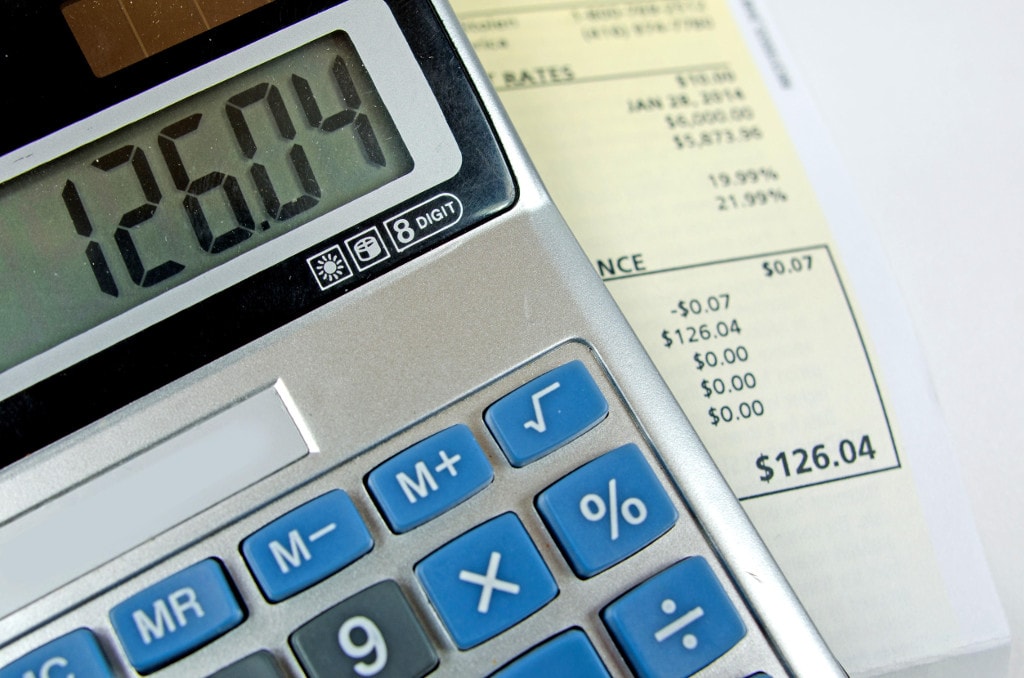Cambrige Notes: Principles of Accounting: Capital and Revenue Expenditure
Cambridge IGCSE Accounting(0452)/O Level Principles of Accounts(7110) Notes: Capital and Revenue Expenditure
- In accounting it is paramount to separate between revenue and capital expenditure
- Naturally all business expenditure can be classified as either revenue or capital expenditure
Capital Expenditure
- Capital expenditure is not to be confused with the capital account or capital in general
- Capital expenditure is when a business […]












